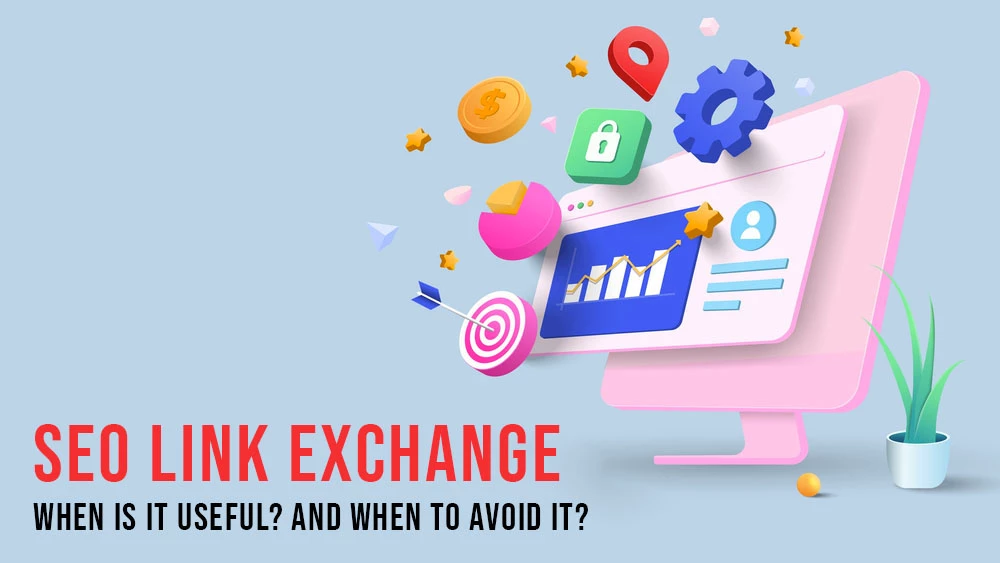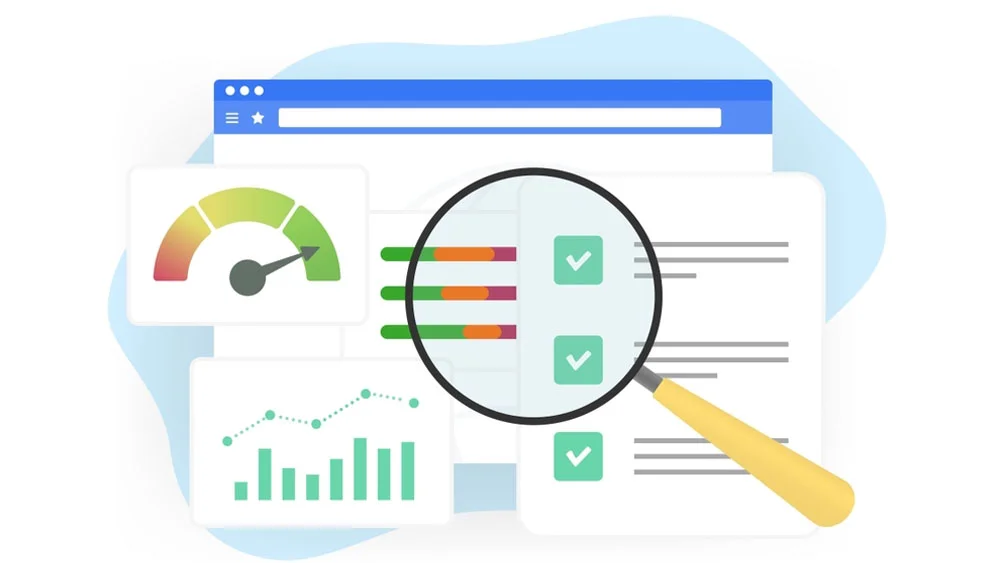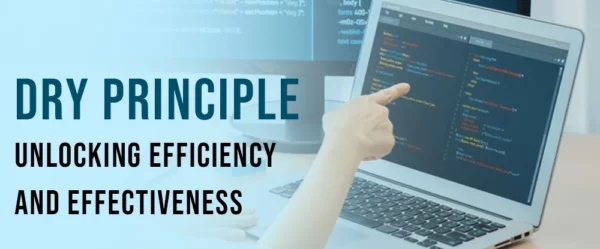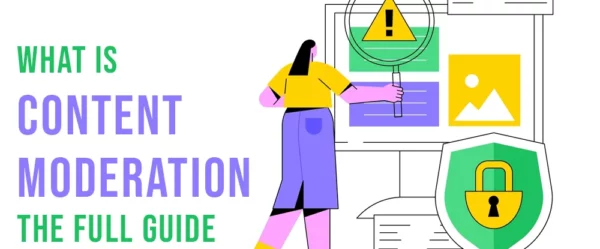SEO Link Exchange: When Is It Useful? And When to Avoid It?
SEO link exchange. Aka: the practice of exchanging links with other websites to improve search engine rankings. Is a useful tool for website owners. However, it’s important to understand the risks and benefits before engaging in this practice. In this guide, we’ll explore when SEO link exchange is useful and when it’s best to avoid it.
Google implemented the December 2022 link spam upgrade, which was immediately effective and ended on January 12, 2023, to combat link spam and promote effective linking practices. Here are the implications for SEO, how it might harm your website if you participate in spammy linking practices or simply integrate with the wrong domains, and what to do if an impact occurs on your own domain form these links.
What Is an SEO Link Exchange?
When two or more websites decide to exchange links, this is known as a link-building strategy. Usually, content production and guest blogging are used for this as subcategories of shareable content strategies. Link exchanges, also known as reciprocal linking, are when one website links to another in exchange for that website linking to them.
73.6% of websites with more than 1,000,000 visitors have reciprocal backlinks, according to Ahrefs research. Many websites and online companies today ask for links to their own pages in return for links to other websites. We are aware that trading both incoming and outgoing connections is a common link-building strategy, but if you don’t know each and every detail about the whole SEO link exchange process, you might find yourself developing some problems that you won’t be able to fully understand. Furthermore, once reciprocal links become excessive or irrelevant, a problem develops.
This is why using common sense when thinking about every link exchange is crucial. Remain focused on relevance. The link exchange could be considered legitimate if the website you are exchanging links with contains information, goods, or other features that your own visitors might actually find helpful.
When to Avoid Link Exchange?
The question here is: when is it not a good idea to implement link exchange in your shareable content strategies? There are some situations where avoiding backlinking is the wise choice based on what Google or other search engines list as factors that could actually harm your SEO strategy.
Here are some of these situations:
- When the linked website is unrelated to your own. Let’s say, for example, that their website is about plumbing while yours is about vacations. Simply put, it’s irrelevant.
- When the website that wants to link to yours is of majorly poor quality. Some domains are set solely for the purpose of link exchange—not as a service, though, but to enhance their exposure rates. Which is not such a good place to link to as it has no viewers whatsoever. These domains have terrible layouts and lack domain value.
- When the other website is overflowing with external connections. This is due to the site’s extensive link exchange network. Google won’t like it because it’s a commodity site.
- When the link exchange website is fresh. It’s been there for about five minutes and has no authority, no PageRank, and no other attributes. To you, it has no value. It won’t add to your website and could be a waste of link exchange.
- When a spammy, generic link exchange email with the salutation “Dear Webmaster” has been sent to you. That is a tip, by the way. Take it into consideration!
These are simply some of the situations that you might stumble upon where a link exchange won’t be of any use to you. However, for every con, there is a pro, and maybe even more than you think.
When Should You Use Link Exchange?
Let us first insert a “proceed with caution” yellow sign for poetic reasons. As risky as some say it is, link exchange is of great importance in some cases for your website. That is why you should be aware of the situations that will tell you when you should be using this strategy:
- When you find a domain, website, or certain network with very high authority, that could help you increase your website’s traffic.
- Be careful to choose a website that addresses the same niche as yours. If it reciprocates the same valuable information you offer, then you’re good to go!
- Stay away from sites that are considered competitors to yours. Link with websites that share the same niche but are not direct competitors of yours.
- Where the website you’re linking to is well-designed, authoritative, and has a high PageRank.
- When a competing website shows up in search results for the same or related keywords you’re trying to rank for. This will help you have a better audience exposure rate and increase your traffic.
You should continue on the proper track as long as you are not looking for exchanges in order to increase traffic or your backlink profile. And this is exactly how you know whether or not you are on the right track.
How Can Backlinks Negatively Impact Your SEO Strategy?
Okay, I know we already mentioned in what situations you should avoid using this SEO strategy of backlinking. However, we haven’t mentioned how it could negatively impact your SEO. Here are some of the ways that could prove to you how harmful implementing backlinking in the wrong way can be:
It Can Reduce Your Domain Authority and Ranking
Linking to other websites that have no bearing on your content may result in a decline in your website’s domain authority or rank on search engine results pages (SERPs).
Therefore, you should carefully check the site’s domain authority and the relevance of the information you are connecting to. Scores of 40 to 50 are regarded as average, while those of 50 to 60 are regarded as good. Anything over 60 is fan-freakin-tastic.
You might occasionally come upon a fantastic resource that is entirely pertinent and would love to link to it, but the site’s domain authority is low. That’s alright; just be careful not to overdo it, as linking heavily to low-authority websites will have no positive effects on your own authority.
Domain authority is significant since it informs Google of the site’s significance for a certain targeted subject area and of its relevance to user searches.
It Can Give Your Competition an Advantage over You
You will be far less likely to receive a reciprocal link when you link to websites that share your target keywords and phrases. In reality, all you’re doing is aiding your rivals in improving their own SEO. That’s not good, either.
Avoid sites that are directly competing with your own, and only engage in link exchanges between websites that are focused on related topics.
Losing the Confidence of Search Engines (And Also Your Audiences)
If search engines no longer trust your website, you run the risk of falling in their rankings and, as a consequence, losing visitors. If search engines no longer trust your website, you may be subject to a manual penalty, and it may also have a bad effect on your brand.
A loss of trust not only with audiences but also with search engines can occur with websites that have an excessive number of links that lead to unrelated and potentially malicious websites.
Important Precautions to Take Before Exchanging Links (A Summary)
- You shouldn’t rely on this tactic as your main method of link creation. Include a wide variety of different tactics, such as linkable content outreach and guest posting, in your marketing plan.
- You should only trade links with reliable individuals with whom you already have a relationship that is well-established.
- Cross-check your outgoing links with your incoming links and use a spreadsheet to look for duplicates; this will ensure that your overall percentage of link exchanges is appropriate for your industry and falls within a typical range when compared to your rivals.
- A good rule of thumb is to make sure that you don’t have more than one link that was obtained through an exchange for every 10 links that were obtained from other natural sources.
Final Thoughts On The Topic
Since you’re here, that means that you’ve made it to the end of the article. By now, you should have an overview or a simple understanding of the whole SEO link exchange risk that you could avoid while planning your SEO link exchange strategy. If it is your aim or goal to have higher traffic for your website and reach a wider audience, we have the perfect suggestion for you!
Sign up for our Linkexchange.AI services that will help connect you to different networks that will help you exchange your links with platforms that have high authority rates. Empower your website now and take it to the next level with our free services that will help you take the very first step!










